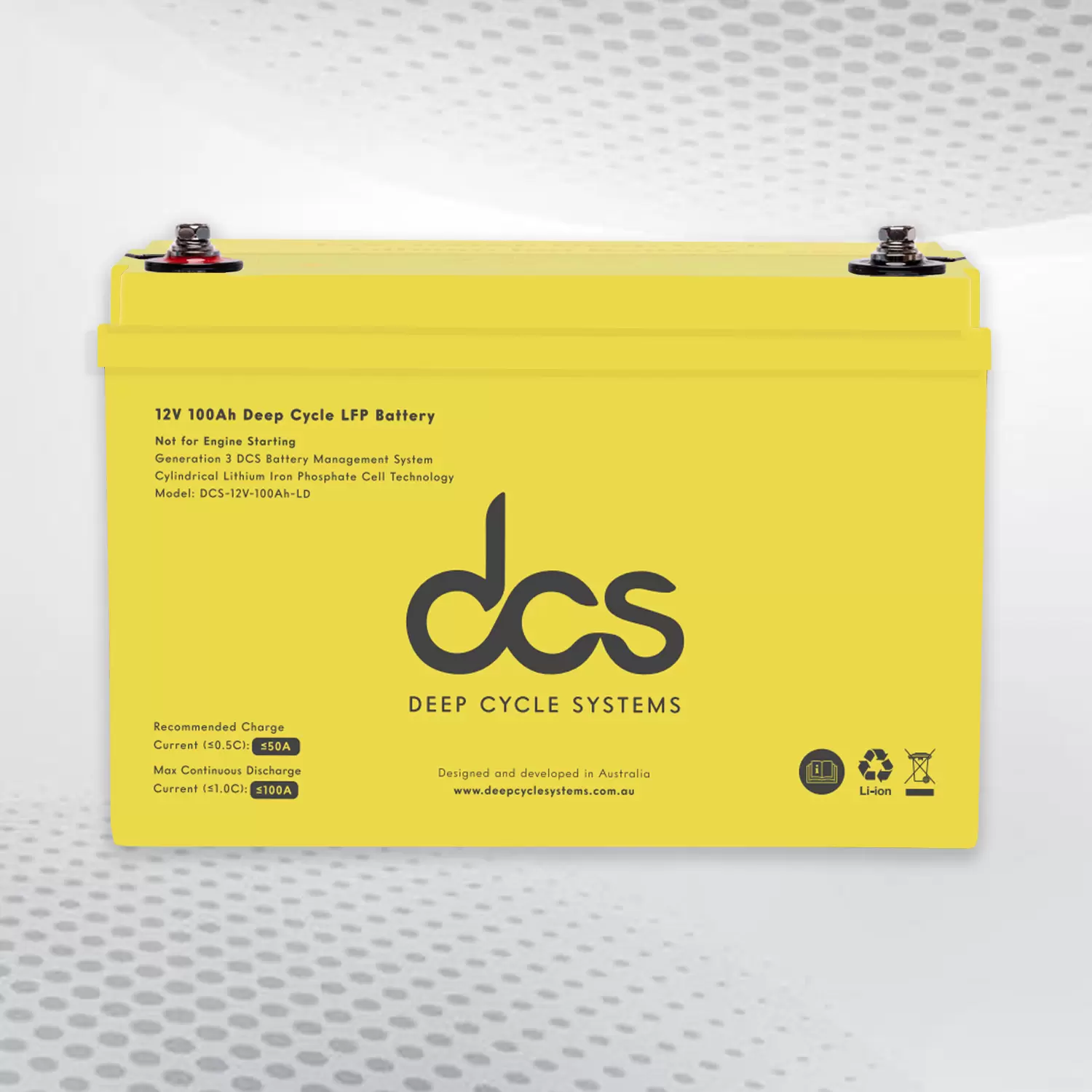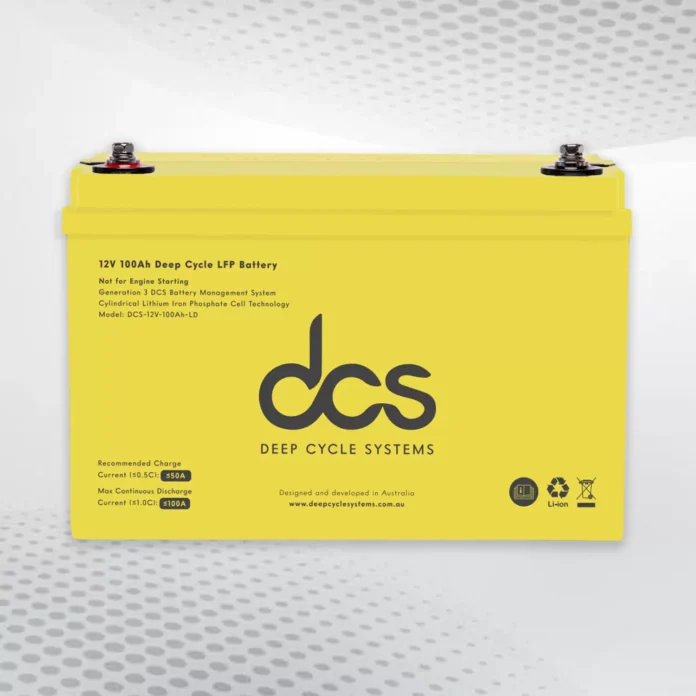Lithium-ion batteries have become essential to our daily lives, powering everything from smartphones to electric vehicles. These batteries offer a range of benefits, making them a superior choice over traditional ones. In this blog post, we will explore the various advantages of Lithium Ion Battery and why they are the preferred choice for many industries.
Introduction to Lithium Battery Pack
A lithium battery pack is a collection of lithium-ion cells grouped to form a powerful energy source. This assembly increases voltage and capacity, providing the essential power for various devices and applications. By combining multiple cells, battery packs can deliver the high energy levels required by electric vehicles, portable electronics, and large-scale energy storage systems. The design and configuration of these packs can be customized to meet specific energy demands, making them incredibly versatile.
With the integration of advanced Battery Management Systems (BMS), battery packs are efficient and intelligent, capable of monitoring and managing the health and performance of each cell within the pack. This proactive management ensures optimal performance, enhances safety, and extends the overall lifespan of the battery pack. The versatility and efficiency of battery packs are instrumental in their widespread adoption across various sectors, marking a significant step forward in energy storage and management solutions.
Superior Energy Density Unveiled
At the heart of Lithium-Ion Battery technology lies its unmatched energy density. This critical feature allows these batteries to pack significant power into a compact and lightweight form. Compared to other battery technologies, Lithium-Ion stands out for its ability to sustain high energy levels in proportion to its size. This superior energy storage capacity is particularly beneficial in applications where space and weight are crucial, such as mobile phones, laptops, and electric vehicles (EVs).
The high energy density of Lithium-Ion Batteries translates directly to enhanced portability and efficiency. For consumers, it means carrying lighter devices without compromising battery life or constantly searching for power outlets. For electric vehicles, it equates to longer distances covered on a single charge, making EVs more practical and appealing for everyday use and long journeys alike.
This advantage is not just about convenience; it also plays a pivotal role in the ongoing push towards cleaner energy solutions. By enabling more efficient use of space and weight, Lithium-Ion Batteries support the development of renewable energy systems and the electrification of transportation, contributing to reduced reliance on fossil fuels and lower greenhouse gas emissions. As such, the high energy density of these batteries is not just a technical specification—it’s a cornerstone of modern energy strategy, driving forward innovations that promise to reshape our energy landscape.
A Deep Dive into Longevity and Durability
Lithium-ion batteries distinguish themselves through their impressive cycle life, a trait that ensures their capacity to endure numerous charge and discharge cycles with minimal capacity loss. This durability is a testament to their long-term reliability and cost-effectiveness, as the need for battery replacements is significantly reduced over time. The inherent longevity of these batteries is particularly advantageous, providing sustained performance across various applications, from everyday electronic gadgets to critical roles in electric vehicles and renewable energy storage solutions.
Moreover, these batteries exhibit a remarkably low self-discharge rate. This characteristic is vital for maintaining charge over extended periods of non-use, ensuring that devices and systems are ready to perform when needed. Such a low self-discharge rate further underscores the efficiency and reliability of Lithium-Ion Batteries, making them an indispensable power source in both consumer and industrial contexts.
The combination of long cycle life and a low self-discharge rate makes Lithium-Ion Batteries a cost-effective choice. It supports their role in enhancing the sustainability of technology and mobility solutions. Their enduring nature reduces the frequency of battery replacements, thereby lessening the environmental impact of producing and disposing of less durable battery types.
Fast Charging: A Key Advantage
One of the standout features of Lithium-Ion Batteries is their remarkable ability to recharge at an accelerated pace. This rapid recharge ability is particularly crucial for users often on the go, enabling them to swiftly bring their devices back to full power and stay connected without prolonged downtime. In electric vehicles (EVs), the fast charging capability of Lithium-Ion Batteries significantly reduces waiting times at charging stations, making it more convenient for drivers to embark on longer journeys with minimal interruptions. This feature is not just about saving time; it also enhances the overall user experience, providing a seamless transition between needing power and receiving it.
The quick charging attribute of these batteries is facilitated by their advanced chemistry and the efficient management systems that govern their operation, ensuring that they can accept a high power rate without compromising their integrity or longevity. It’s an essential factor contributing to the practicality and appeal of devices and vehicles powered by lithium-ion batteries, which align perfectly with the demands of modern life, where time is often of the essence. By enabling faster recharge times, Lithium-Ion Batteries help maintain the rhythm of our daily activities, ensuring that we’re always powered up and ready to go.
The Environmental Edge of Using Lithium-Ion Batteries
Reduced Carbon Footprint:
Lithium-ion batteries support the reduction of greenhouse gas emissions by facilitating the use of renewable energy sources and powering electric vehicles. Their efficiency and longer life span mean fewer resources are needed for production and replacements, contributing to lower carbon emissions than traditional energy storage methods.
Enhanced Recycling Capabilities:
Lithium-ion batteries’ recyclability is a key environmental advantage. Advanced recycling processes allow for the extraction and reuse of valuable materials, reducing the need for new raw materials and minimizing waste and environmental degradation.
Energy Efficiency:
These batteries are known for their high energy density, resulting in less energy loss during use and storage. This efficiency reduces fossil fuel energy demand, decreasing the environmental impact associated with energy production and consumption.
Support for Renewable Energy Integration:
Lithium-ion batteries are crucial for storing energy from intermittent renewable sources such as wind and solar. By storing surplus energy and releasing it when needed, these batteries ensure a more reliable and constant supply of green energy, facilitating a smoother transition away from fossil fuels.
Innovations in Lithium-Ion Battery Technology
The landscape of lithium-ion battery technology is continually evolving and driven by ground-breaking innovations aimed at enhancing performance, safety, and sustainability. Recent advances include developing solid-state batteries, which replace the liquid electrolyte with a solid counterpart, significantly improving safety by reducing the risk of leakage and fire. Additionally, research into silicon-based anodes paves the way for batteries with higher energy densities, promising longer-lasting power for future devices and electric vehicles.
Efforts to improve the efficiency of Battery Management Systems (BMS) are also noteworthy, as they lead to smarter, more responsive batteries capable of adapting to various conditions and demands. Furthermore, scientists are exploring sustainable materials to reduce the environmental impact of battery production and disposal. These innovations not only seek to extend the lifecycle and enhance the performance of Lithium-Ion Batteries but also aim to make them more compatible with a future where renewable energy and sustainability are paramount. As these technological advancements progress, they promise to further solidify the position of Lithium-Ion Batteries as a cornerstone of modern energy solutions.
Exploring the Lithium Ion Battery Pack Benefits
Delving deeper into the advantages of Lithium Ion Battery Pack, it becomes clear how these powerhouses play a pivotal role in the efficiency and effectiveness of various devices and systems. Beyond their high energy density and ability to sustain long cycle lives, Lithium-Ion Battery Packs offer unparalleled flexibility in design. This allows for tailor-made solutions that can fit the unique energy requirements of specific applications, from the smallest wearables to large-scale electric vehicles. The modular nature of these packs enables manufacturers to precisely adjust voltage and capacity, ensuring that devices meet and exceed performance expectations.
Moreover, including advanced Battery Management Systems (BMS) within these packs cannot be understated. These systems actively monitor and manage the battery’s operational parameters, such as temperature and charge levels, safeguarding against potential issues and prolonging the battery’s life. This proactive approach to battery management enhances devices’ overall safety and reliability, providing users with peace of mind.
In the realm of sustainability, the efficiency of lithium-ion battery Packs stands out. By optimizing energy use and reducing waste, these batteries contribute to a more sustainable approach to power, aligning with the broader goals of energy conservation and environmental protection. The strategic integration of Lithium-Ion Battery Packs into technology and transportation signifies a step forward in balancing high performance and ecological responsibility.
Lithium-Ion Batteries: Powering the Future
As the world moves towards greener solutions and seeks more efficient ways to power our daily lives, Lithium-Ion Batteries emerge as a key player in this transformative era. Their unparalleled efficiency and adaptability make them integral to developing cutting-edge technologies, from wearables to electric vehicles. With the global shift towards sustainability, these batteries are at the forefront, facilitating the seamless integration of renewable energy sources into the grid, ensuring a consistent and reliable energy supply.
The ongoing innovations in battery technology, such as enhancements in energy density and safety through solid-state advancements, position Lithium-Ion Batteries as a catalyst for change, powering today’s technology and fuelling the dreams of tomorrow. Their role in electrifying transport and stabilising renewable energy offers a glimpse into a future where clean, efficient, and reliable power is the norm. As we stand on the brink of this new dawn, lithium-ion batteries are not just powering our devices but also our leap into a sustainable future.
Conclusion
Lithium Ion Battery stands at the forefront of powering devices and systems with unmatched efficiency and reliability. Their superior attributes, including significant energy storage capacity, enduring cycle life, and rapid charging abilities, underscore their vital role in today’s energy-dependent world. As we navigate an era that increasingly leans towards sustainability and efficient energy use, these batteries are pivotal in making technological advancements and renewable energy sources more accessible and practical. The continuous evolution of battery technology, highlighted by ground-breaking innovations in materials and management systems, promises to further enhance their performance and environmental benefits.
FAQs
What is the typical lifespan of Lithium Ion Battery?
Lithium Ion Battery boast a commendable cycle life, often enduring hundreds to thousands of charge-discharge cycles before showing significant degradation. The duration of their serviceability hinges on various factors, including how they are used, the frequency and method of charging, and the conditions under which they operate. Regular use under optimal conditions can extend a battery’s lifespan, maximizing its value and performance.
Are there any safety concerns with Lithium-Ion Batteries?
Safety with Lithium-Ion Batteries primarily depends on correct usage, charging, and storage practices. Although these batteries are generally safe, they can become hazardous if abused, such as overcharging, puncture, or exposure to high temperatures. Adhering to the manufacturer’s safety guidelines and employing protective measures, such as using a quality charger and avoiding extreme temperatures, are key to mitigating risks and ensuring safe operation.
Can Lithium-Ion Batteries be effectively recycled?
Indeed, Lithium-Ion Batteries are amenable to recycling, with processes in place to reclaim valuable materials like lithium, cobalt, and nickel. This conserves resources and diminishes the environmental footprint by mitigating the need to extract new materials and reduce waste.
| Other Good Articles to Read |
| Niche Blogs Connect |
| Blogs 97 |
| Blog Stitution |
| Blogs Unplugged |
| Blogs Cotch Rouge |
| Blog Signatr |
| Blog Sintonias |
| Blog Zilla |
| Consumer Forums |
| Finance Forums |
| G Blogs |
| Too Blog |
| Related Business Listings |
| Contact Directory |
| Local Business Profiles |


